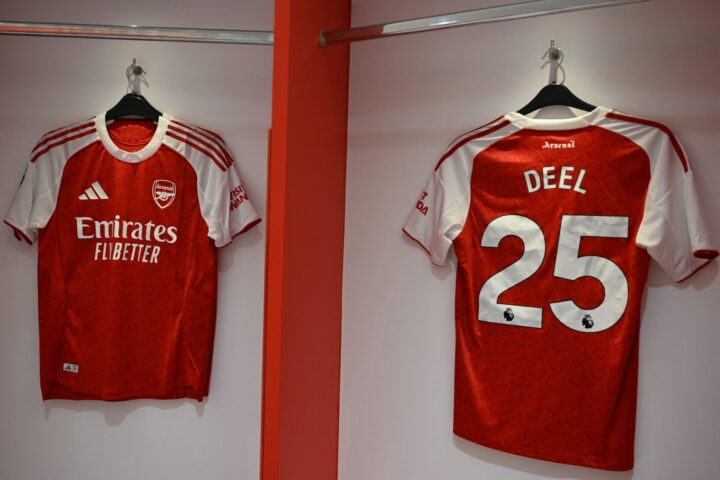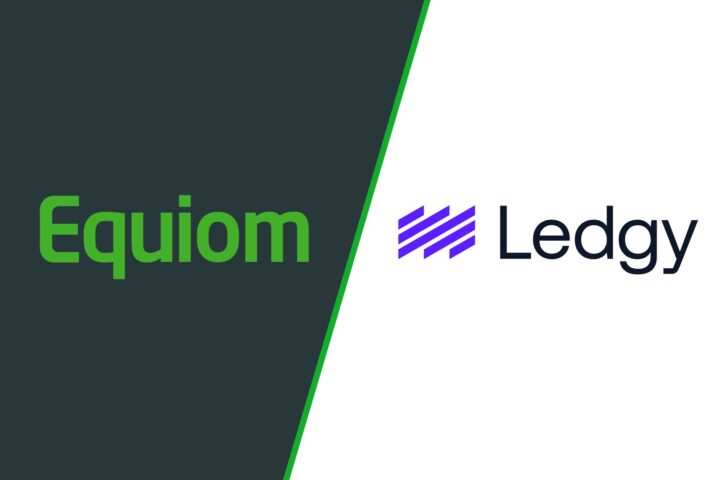According to the “Executive Performance and Rewards Survey 2024” by Deloitte India, the average CEO compensation has seen a substantial increase, standing at INR 13.8 crore, marking a 40% rise from pre-COVID-19 levels.
The survey also noted that in 2024, every second CEO had a target compensation of more than INR 10 crore, a notable increase from every third CEO in 2020. Interestingly, CEOs who are also promoters or members of the promoter family command an average compensation of INR 16.7 crore. Over the last four years, the gap between promoter and professional CEO compensation has widened, with the ratio growing from approximately 1.0 to 1.3.
An analysis within the BSE 200 companies (excluding PSUs) showed that 45 percent of these companies experienced a CEO change over the past five years, with 60 percent of new CEOs being internally appointed. The survey highlights a trend towards homegrown leadership, with the remainder of CEO positions filled through external recruitment.
Anandorup Ghose, Partner, CHRO Programme Leader at Deloitte India, commented on the findings, stating: “Promoter CEO compensation outpacing professional CEO compensation is primarily driven by two factors. Professional CEOs change more often than promoter CEOs due to the longer tenure of promoter CEOs at an aggregate. But it is also important to note that the range of promoter CEO compensation is very wide, and that affects the higher averages.”
The survey further reveals that over 50 percent of target compensation for CEOs is now considered pay-at-risk, with professional CEOs having a higher percentage (57 percent) compared to promoter CEOs (47 percent). It also noted that COOs and CFOs command the highest compensation premiums among other CXOs in India, with 44 percent of their target compensation being at-risk, nearly half of which is driven through long-term incentives.
The report suggests a shift in how companies assess and reward CEO and CXO performance, with a more structured approach to bonus payouts and a decrease in discretionary compensation decisions. It also observed that the use of share-based incentives is on the rise, whereas the prevalence of stock options or ESOPs is declining.
Ghose added: “Large Indian companies with more mature and globally aligned compensation practices are pivoting towards Performance Shares and use of multiple incentive plans for different employee cohorts. Conversations in the boardroom have also shifted from the need for share-based payment to the return from these incentive structures to stakeholders.”

















